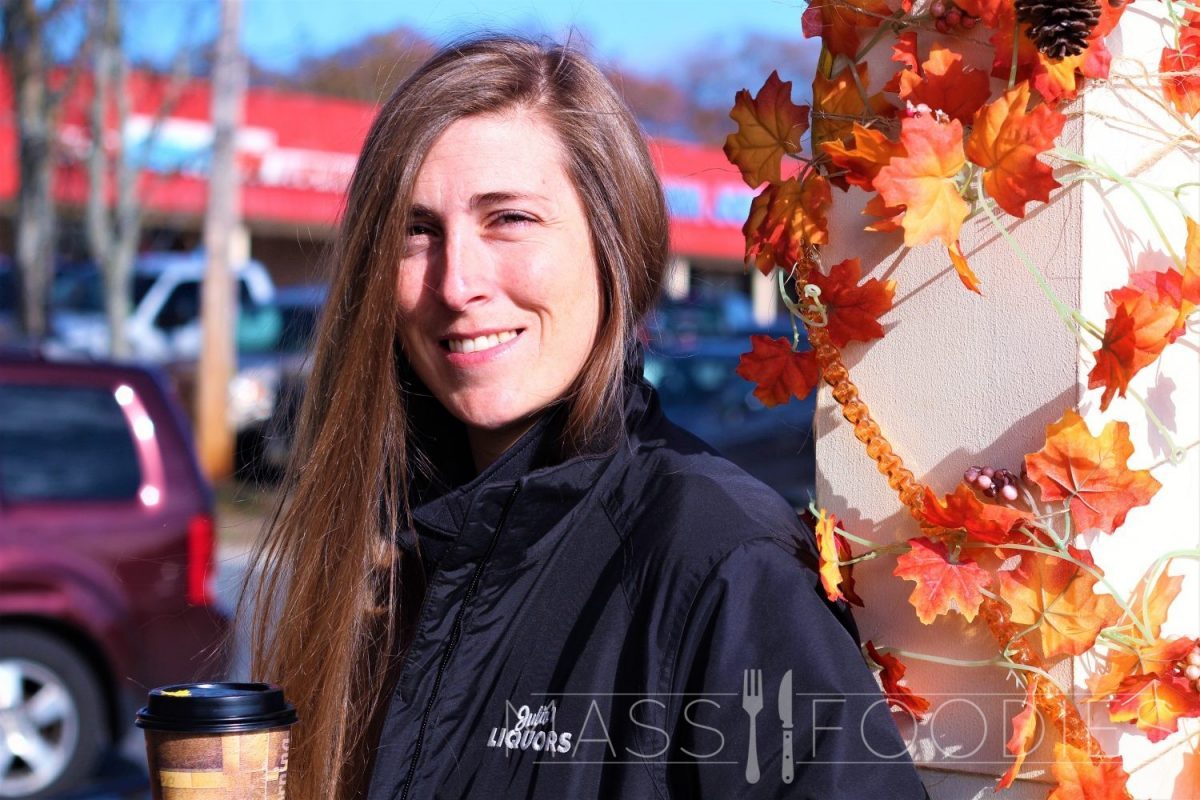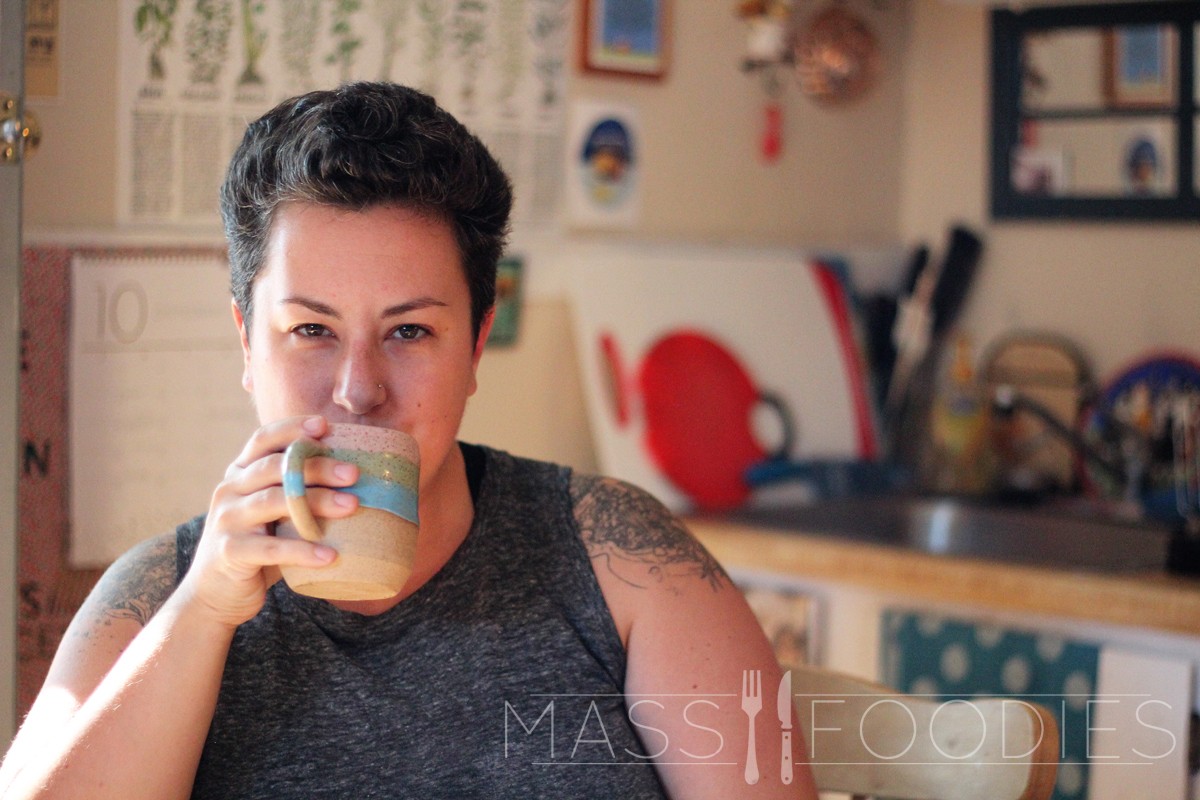
With the introduction of “Somm,” on Netflix and “A Year in Burgundy,” on Amazon Prime, the recent obsession of the esoteric world of sommeliers is opening a discussion about the bourgeois life associated with wine enthusiasts. From shedding light on a journey that borders insanity to even qualify to take the Master Sommelier exam, given by the Court of Master Sommeliers in “Somm” to following the deep traditions, viticulture, and history behind the families living in the Burgundy region of France, the depiction of this cult-like phenomenon is fascinating some viewers while scaring others from ever attempting to enjoy a glass of Pino Noir outside of their homes. Wine has always been guilty by association as it is meant to be perceived as a drink for the sophisticated, the elite and the well-informed, but Toni DeLuca, wine director at Julio’s Liquors is here to humanize wine and debunk the snob-like perception of wine.
“Wine has a reputation,” said DeLuca. “It is perceived to be something that only expert wine lovers can truly enjoy, and I am here to debunk that. Wine is for everyone and my job is to educate both novice and advanced wine drinkers into exploring new flavors, regions and, grapes.”
DeLuca is fighting against the pretentious feel that depictions like “Somm” offer to viewers and wants her consumers to understand that wine is simply the perfect complement to food. It is important to understand the courtship between food and wine and its ever-lasting affection for one another. Its complementary relationship in which wine truly serves a higher purpose is the most intriguing element of dining. “I am a wine enthusiast, some may say expert, and it is extremely clear to me that wine and food are deeply connected. Of course, I would say that wine is the optimal beverage for food pairings, others may dispute this – but they are wrong. There is no refuting the fact that wine has natural acidity which acts in harmony with “acid” forward foods, not to mention this same acidity helps mellow and neutralize the salty “base” flavors in other dishes,” said DeLuca.
“At home, wine is the single most important aspect of my dining experience as I have full control over the selection,” she said. “Now, I am not a wine snob, but I definitely am a wine nerd. I have an ‘explorers’ palate meaning that I love to try funky, unique, and ‘off the beaten path’ wines.” Just as DeLuca, a recent survey from wine app Vivino suggests American’s favorite place to drink wine is in the comfort of their own homes. Forty-seven percent of millennial and sixty-one percent of Gen X and Boomer respondents would rather drink wine at home than at social gatherings, restaurants, or wineries according to the survey of 1,526 consumers.
Between the cost of wine at bars and restaurants and the lack of knowledge on both sides – the waitstaff and the consumer – there is a barrier that is hard to break through in the average restaurant. “The more funky and unique wines are hard to find on restaurant lists, unfortunately,” said DeLuca. “I think right now craft beer and craft cocktails are dominating the hip aspects of most beverage programs, while the wine options are pretty boring. It seems the same few name brands monopolize most restaurant lists these days and that is a shame. If I were in the restaurant business and offered a wine list, the list would be the predominant segment on the menu, the waitstaff would be knowledgeable about making recommendations and easing the consumer into exploring wines and ultimately, I would reduce the cost of an individual glass of wine. I mean, who wants to buy an $11 glass of wine when they can buy a $13 bottle of wine at their local liquor shop?” And DeLuca is right. Millennials are budget-conscious and according to the same Vinio survey, fifty-nine percent say that the cost of a glass of wine outweighs all other influences when deciding what to drink at a bar or restaurant. This is a trend dating back to the recession as Time Magazine highlighted this shift in 2010.
While nothing compares to a pairing of Riesling and Duck a L’Orange – it is the pairing itself that scares novice wine drinkers from truly opening their palates to the endless experience that wine offers. On a mission to create a personalized experience for consumers, DeLuca hopes to “de-snob” the industry and show the side of wine that documentaries like “Somm” fail to.

